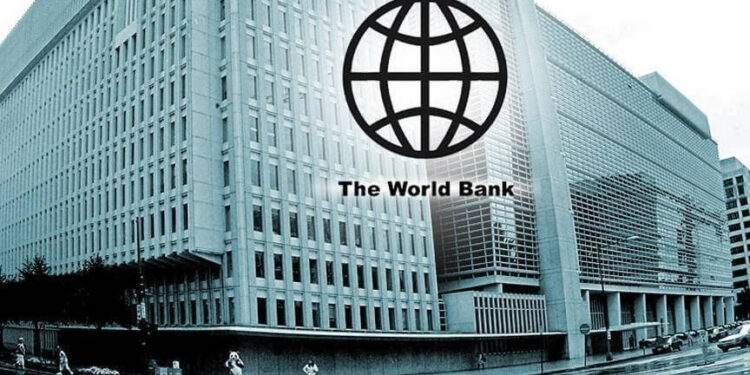Inflation and the tight monetary policy that has been in place over the past 18 months are driving the global economy to a slowdown, and global growth will decline from 3% last year to around 2% in 2023. In the case of advanced economies, the slowdown is even deeper, Ayhan Kose, Director of the World Bank’s Prospects Group, said.
“There are other reasons. We look at global trade. Trade is slowing very sharply relative to what we saw last year. Of course, the Russian invasion of Ukraine did not help. There is an overall confidence problem and uncertain prospects dampening investment as well,” Kose said.
Economic growth is critical in increasing income levels and when it comes to eliminating poverty. The average potential global economic growth will slump to a three-decade low of 2.2% per year through 2030, the World Bank had warned in March.

Thirty percent of the emerging market developing economies are not going to get back to per capita income levels they had in 2019 by the end of 2024.
“So, four years after the pandemic, we still have at the per capita income level, weaker, lower income than what we had prior to the pandemic. We want these economies to grow faster so their income levels get closer to the income levels of advanced economies. But that is not happening at the pace we want,” he added.
World Bank notes that there has been a significatn progress in fighting inflation. Its forecast suggested that at the global level, the inflation will come down around 3% by the end of next year.
“I think we have made a significant progress. In many countries, we think that inflation has already peaked. At the global level, we saw quite high inflation, around 9% last year. Now, that number has been coming down,” Kose said, adding “And of course, the big lever that central banks have to pull to fight inflation is rate hikes. We’re in a rate hike cycle. That’s the most aggressive since at least the 1980s.”
Source: Zawya







